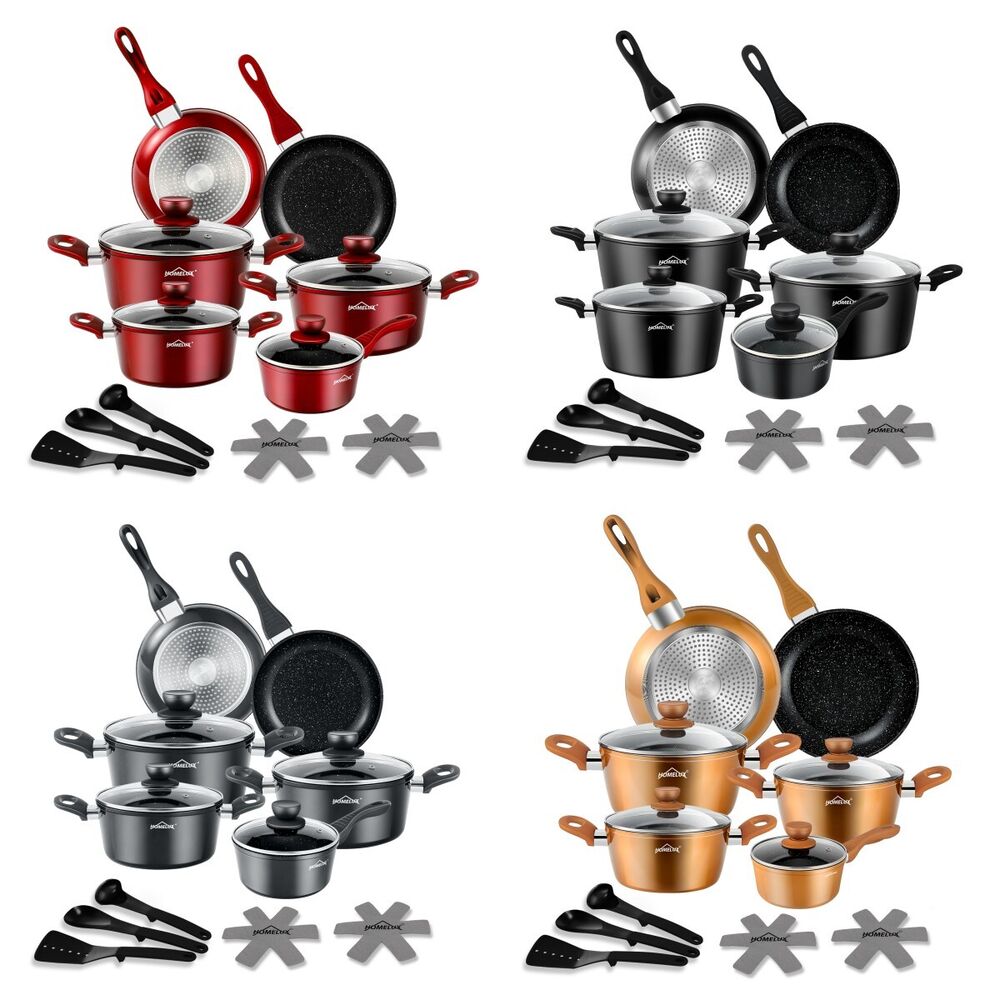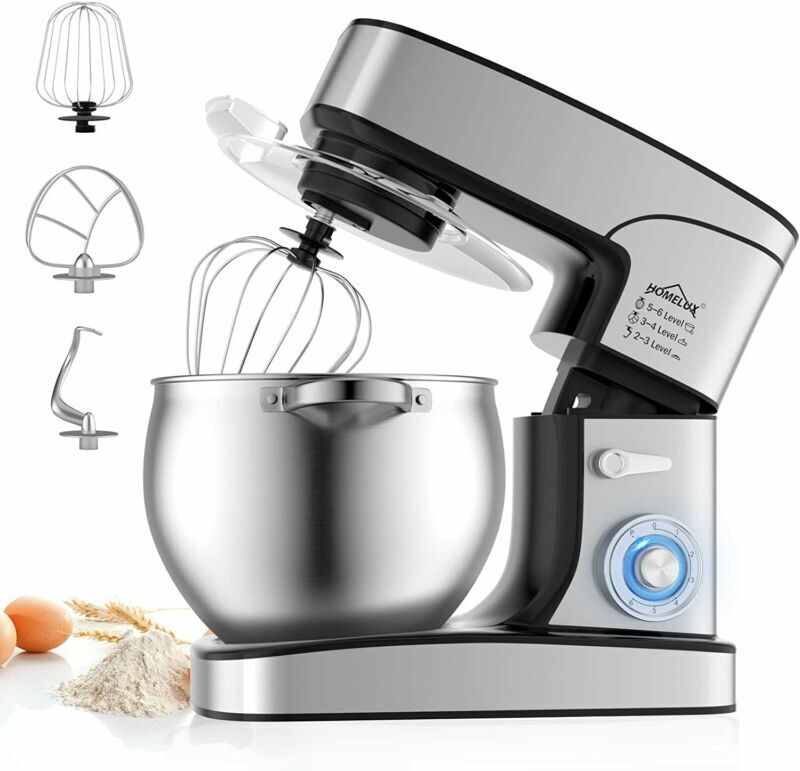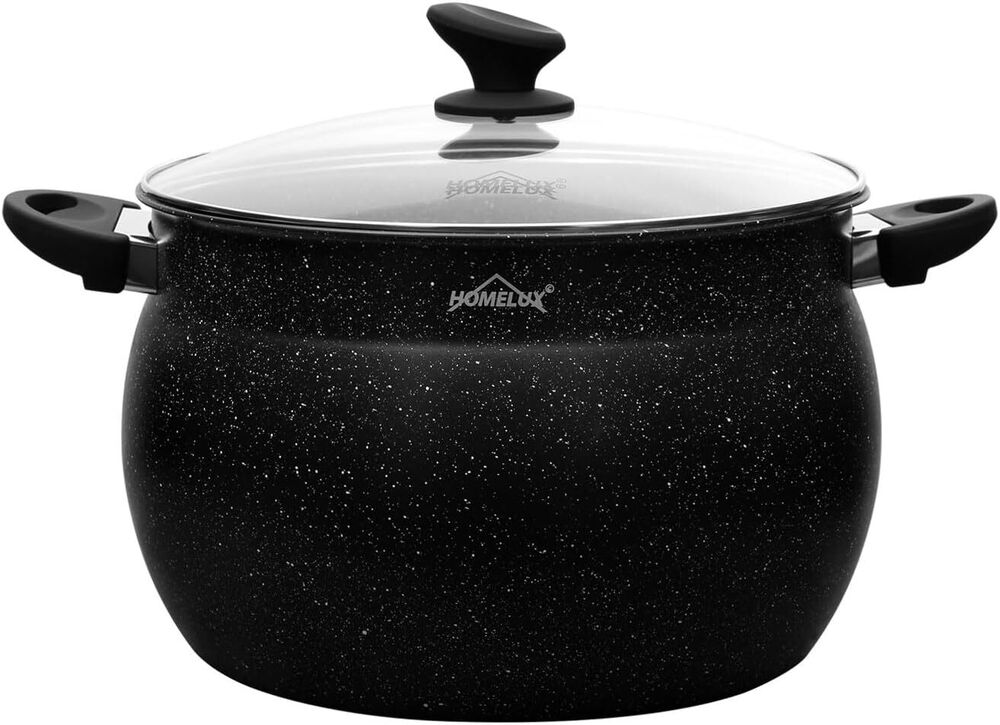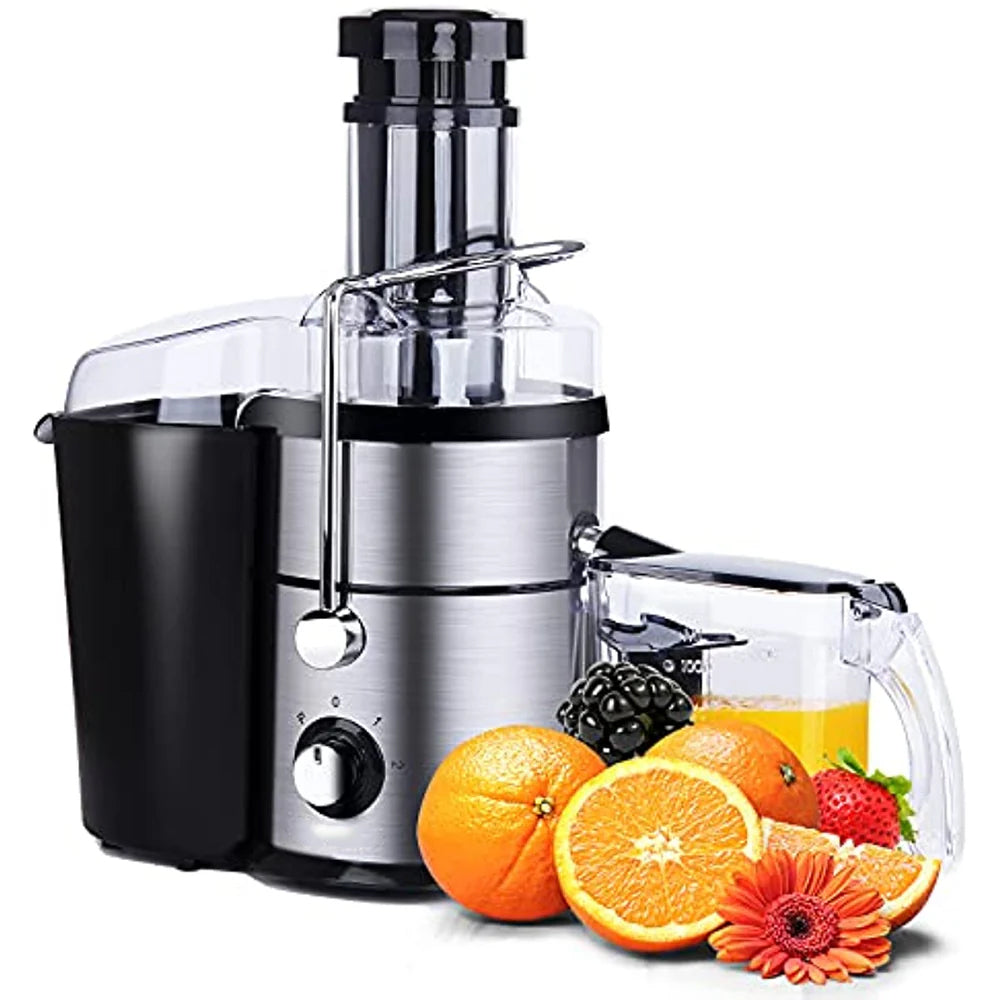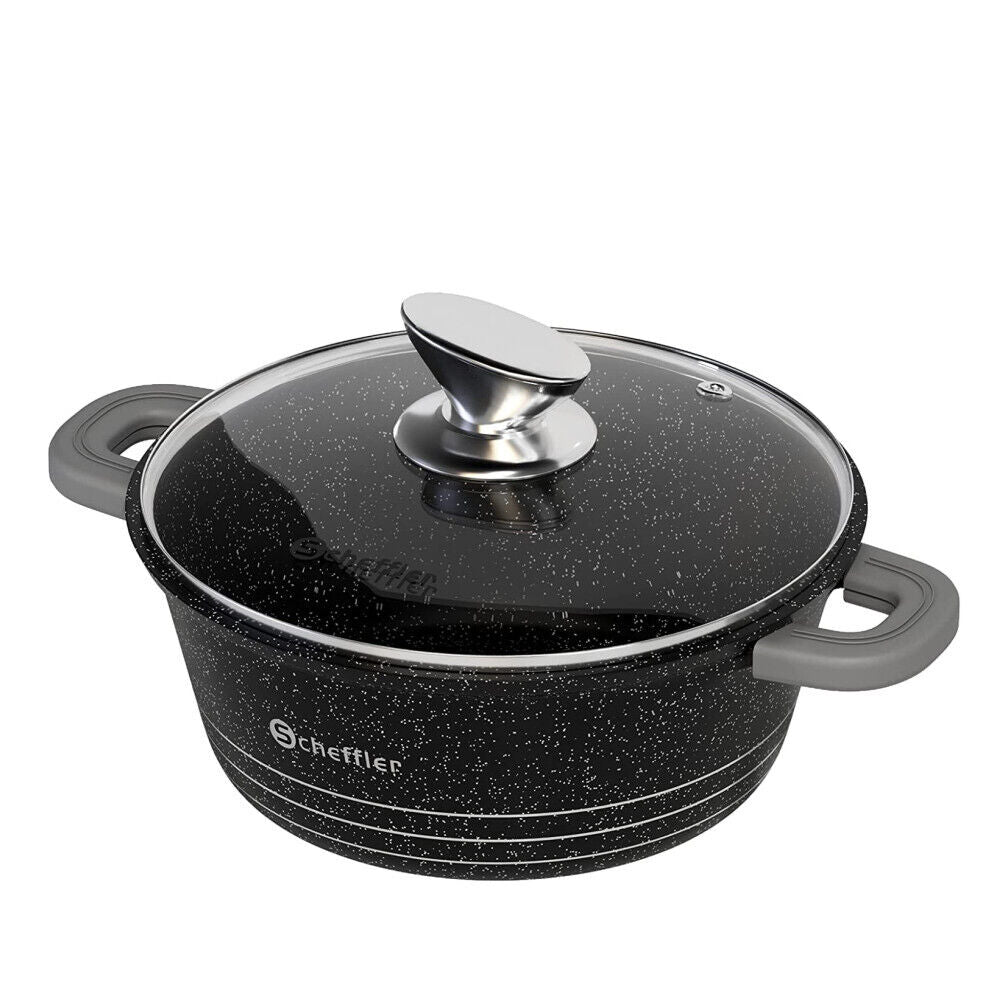Nutrients in raw vs. cooked foods: which is better?
The question of whether raw foods contain more nutrients than cooked foods is of great importance to many people who want to eat healthily and consciously. Raw food diets have gained popularity because it is believed that cooking causes important nutrients to be lost. But is this assumption always correct?
Nutrient losses during cooking
When cooking foods, some nutrients can actually be lost. Heat-sensitive vitamins such as vitamin C and some B vitamins (such as B1 and B5) are particularly susceptible to destruction by high temperatures. These water-soluble vitamins can easily leach into the cooking water and thus be lost if the water is not used further.
For example, cooking vegetables such as broccoli, spinach or peppers can lead to a loss of vitamin C. The heat breaks the chemical bonds of the vitamin molecules, making them less available or even unusable. Boiling or cooking in water for a long time can also significantly reduce the concentration of these vitamins.
Nutrient gains and the benefits of cooking
While cooking can destroy some nutrients, it also has many benefits and can increase the availability of certain nutrients. A good example is lycopene, an antioxidant found in tomatoes. Cooked tomatoes have a higher bioavailability of lycopene than raw tomatoes because cooking breaks down the tomato cell walls and releases the lycopene.
Beta-carotene, found in carrots, sweet potatoes and spinach, also becomes more available when cooked. Beta-carotene is a precursor to vitamin A, which is important for eye health and the immune system. Heating breaks down the cell structures of plants, making it easier for the body to absorb beta-carotene.
In addition, cooking can kill harmful bacteria and parasites, reducing the risk of food poisoning. This is especially important for foods like meat, fish and eggs, which pose a higher risk when eaten raw.
Different preparation methods and their effects
The method of preparation has a significant impact on the nutritional content of food. Not all methods are equally effective when it comes to retaining or losing nutrients. Here are some common methods and their effects:
- Steaming: A gentle method to preserve nutrients because the food is not placed directly in the water.
- Cooking: Can leach water-soluble vitamins into the cooking water.
- Frying and grilling: Can destroy heat-sensitive vitamins, but increase the fat solubility of some nutrients.
- Blanching: Briefly boiling and then quenching in ice water to minimize nutrient loss.
Raw food: a cure-all?
A raw food diet that focuses on uncooked, unprocessed foods has many benefits, especially for preserving heat-sensitive vitamins and minerals. Raw fruits, vegetables, nuts and seeds are rich in nutrients and enzymes that can aid digestion and boost the immune system.
However, a purely raw food diet is not suitable for everyone and also carries some risks. Some foods contain natural toxins that are only destroyed by cooking. For example, raw spinach contains oxalates, which can negatively affect mineral absorption, and raw chicken egg white contains avidin, which can inhibit the absorption of biotin.
Questions & Answers
- Are all nutrients really lost during cooking?
- No, not all nutrients are lost. Some, like vitamin C and certain B vitamins, are sensitive to heat, but others, like lycopene and beta-carotene, become more available through cooking.
- Which cooking method is best to preserve nutrients?
- Steaming is one of the best methods to preserve the most nutrients because it is gentle and the food is not directly in the water.
- Is raw food healthier than cooked food?
- It depends on the foods and the specific nutrients you want to obtain. A balanced diet of raw and cooked foods offers the best health benefits.
- Why is cooking important for food safety?
- Cooking can kill harmful bacteria and parasites that may be present in raw foods, reducing the risk of food poisoning.
- Can all foods be eaten raw?
- No, some foods contain natural toxins or difficult-to-digest components that need to be neutralized or broken down through cooking, such as beans or potatoes.



